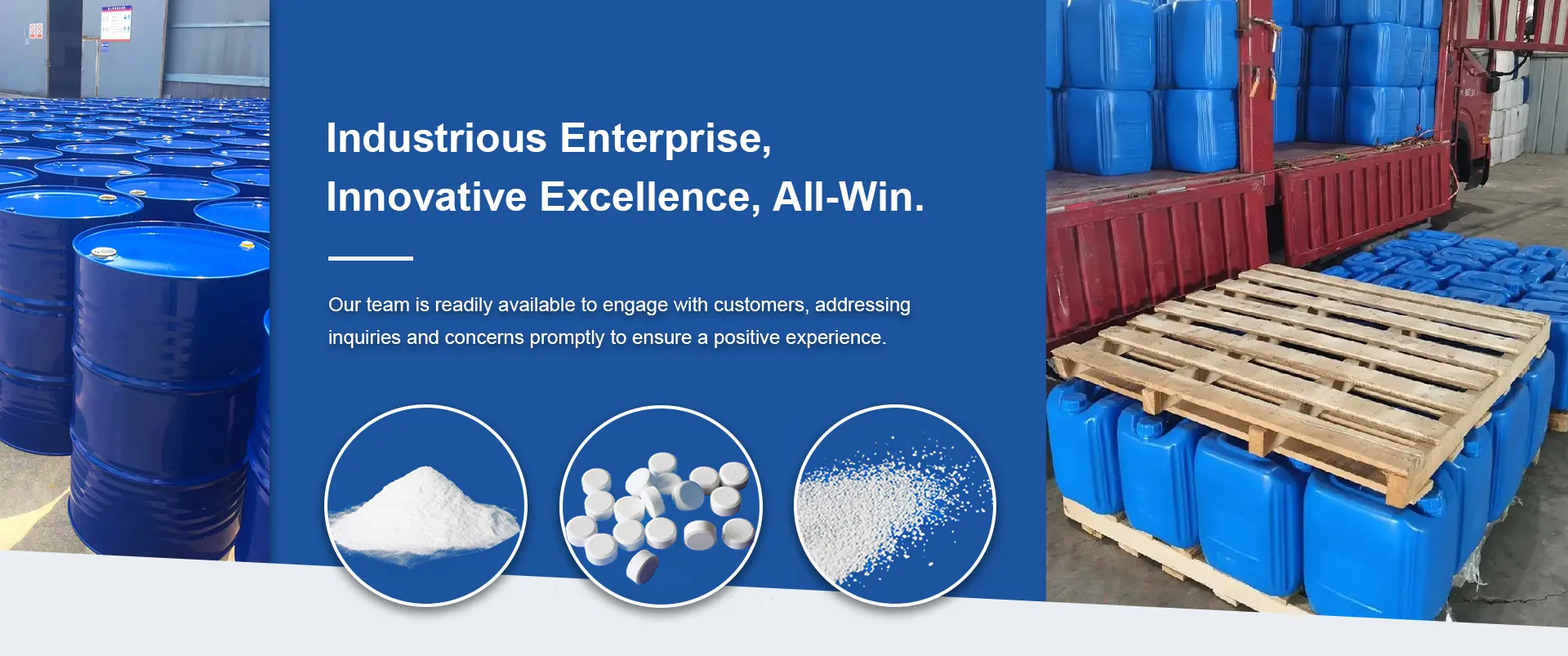
cyanide in gold mining
Cyanide in Gold Mining A Double-Edged Sword
Cyanide is a highly toxic chemical that has found a significant role in the gold mining industry. Its use in the extraction of gold from ores dates back to the late 19th century and remains a cornerstone technique, particularly in modern mining operations. Despite its effectiveness, the use of cyanide raises substantial environmental and safety concerns, making it a double-edged sword in the pursuit of precious metals.
Gold Extraction Process
The process of extracting gold using cyanide involves a series of steps known as cyanidation. First, crushed ore is mixed with a cyanide solution. Gold particles dissolve into the solution, allowing them to be separated from the ore. The resulting gold-cyanide complex can then be further processed to recover pure gold. This method has become the preferred choice for many gold mining operations due to its high efficiency and lower costs in comparison to other methods such as amalgamation with mercury.
Advantages of Cyanide Use
The primary advantage of using cyanide in gold mining is its ability to efficiently extract gold at very low concentrations. This means that even ore that contains only a small percentage of gold can be economically processed. Cyanide’s effectiveness allows mining companies to operate in regions previously deemed unfeasible due to low gold yields. Furthermore, advancements in technology and strict regulatory measures have led to improved methods of handling and disposing of cyanide, reducing the risk of accidental spills and environmental contamination.
Environmental and Health Risks
Despite its advantages, there are significant environmental and health risks associated with cyanide use. One of the most notable incidents occurred in 2000 when a cyanide spill from a gold mine in Romania contaminated the Tisza River, devastating local ecosystems and communities. Such incidents highlight the potential for catastrophic outcomes if cyanide is not managed correctly.
cyanide in gold mining

Cyanide is not only harmful to aquatic life; it poses risks to human health as well. Exposure to cyanide, even in small amounts, can lead to serious health complications or even death. Communities near gold mining operations have raised concerns about potential contamination of groundwater supplies, leading to a growing call for stricter regulations and the adoption of alternative extraction methods.
Regulatory Framework
In response to the risks posed by cyanide, numerous countries have implemented strict regulations governing its use in gold mining. Some nations have banned cyanide outright, while others enforce mandatory environmental assessments before mining companies can use the chemical. These regulations aim to balance the economic benefits of gold mining with the need to protect the environment and public health.
International organizations, including the World Health Organization (WHO) and the International Cyanide Management Institute (ICMI), have provided guidelines and resources to promote safe practices in cyanide use. The ICMI administers a certification program for gold mining operations, ensuring that they adhere to responsible cyanide management practices.
Alternatives to Cyanide
Due to the concerns surrounding cyanide, there is ongoing research into alternative extraction methods that are less harmful to the environment and public health. Some promising alternatives include the use of thiosulfate, a less toxic reagent, and bioleaching, a process that employs microorganisms to extract metals from ore. However, these methods are not yet as widely adopted as cyanidation due to their higher costs and lower efficiencies.
Conclusion
Cyanide remains an integral part of gold mining, facilitating the extraction of this precious metal with impressive efficiency. However, its toxic nature presents significant challenges, requiring a careful balance between economic benefits and environmental stewardship. As the mining industry faces increasing pressure to operate sustainably, the dialogue surrounding cyanide use will likely continue, prompting innovations and a potential shift towards safer alternatives. Ultimately, the future of gold mining will depend on the ability of the industry to manage its impact while continuing to meet the world’s demand for gold.
-
Pure Sodium Dichloroisocyanurate Dihydrate | Powerful DisinfectantNewsAug.29,2025
-
Industrial Chemicals: Quality & Purity for Every IndustryNewsAug.28,2025
-
Nitrile Rubber Honoring Strict Production StandardsNewsAug.22,2025
-
Aspartame Ingredients Honoring Food Safety ValuesNewsAug.22,2025
-
Fertilizer for Balanced Plant NutritionNewsAug.22,2025
-
Cyanide Gold Processing with High Purity AdditivesNewsAug.22,2025
-
Formic Acid in Textile Dyeing ApplicationsNewsAug.22,2025
Hebei Tenger Chemical Technology Co., Ltd. focuses on the chemical industry and is committed to the export service of chemical raw materials.
-

view more DiethanolisopropanolamineIn the ever-growing field of chemical solutions, diethanolisopropanolamine (DEIPA) stands out as a versatile and important compound. Due to its unique chemical structure and properties, DEIPA is of interest to various industries including construction, personal care, and agriculture. -

view more TriisopropanolamineTriisopropanolamine (TIPA) alkanol amine substance, is a kind of alcohol amine compound with amino and alcohol hydroxyl, and because of its molecules contains both amino and hydroxyl. -

view more Tetramethyl Thiuram DisulfideTetramethyl thiuram disulfide, also known as TMTD, is a white to light-yellow powder with a distinct sulfur-like odor. It is soluble in organic solvents such as benzene, acetone, and ethyl acetate, making it highly versatile for use in different formulations. TMTD is known for its excellent vulcanization acceleration properties, which makes it a key ingredient in the production of rubber products. Additionally, it acts as an effective fungicide and bactericide, making it valuable in agricultural applications. Its high purity and stability ensure consistent performance, making it a preferred choice for manufacturers across various industries.





